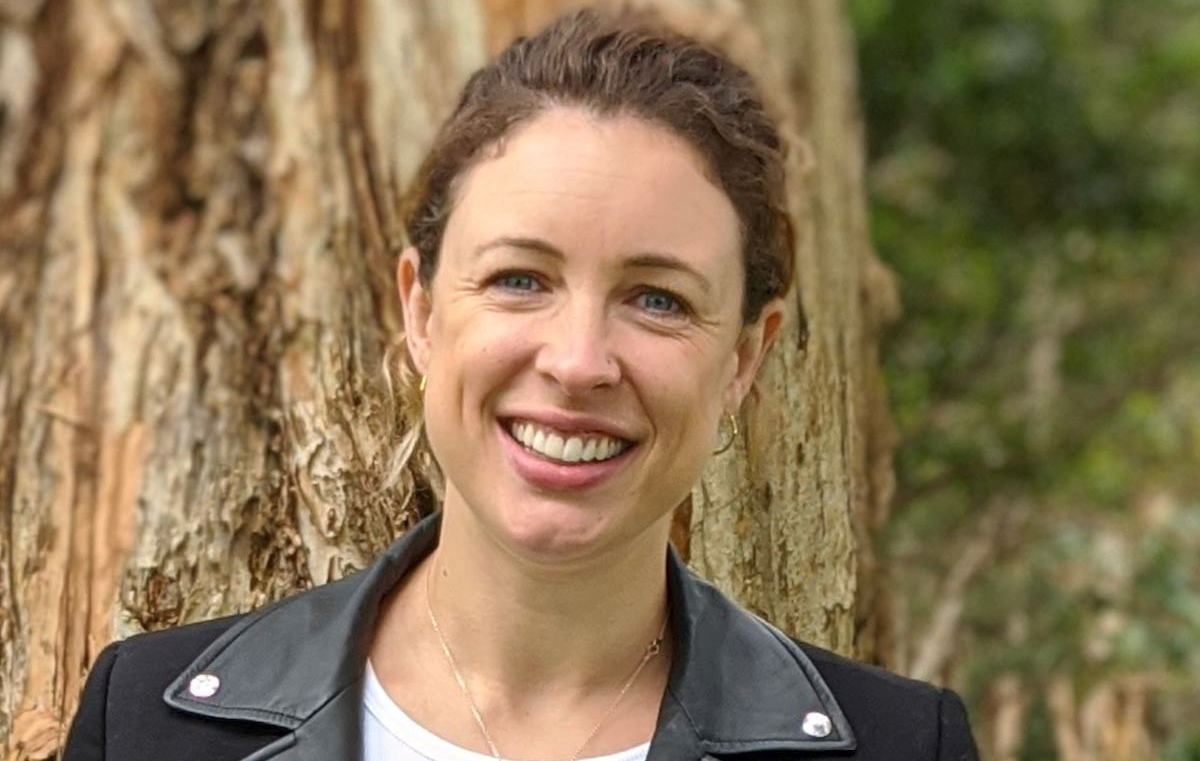The Ultimate Partnership: Can Best Friends Really Make Good Business Partners?
In the world of business, we often talk about partnerships in clinical terms—synergies, skill sets, and strategic alignment. But there is one partnership that transcends the balance sheet and the business plan. It’s a partnership built on late-night conversations, shared history, and a level of trust that can take others years to cultivate.
I’m talking about going into business with your best friend.
On paper, it sounds like a dream. Who better to have in the trenches with you than the person who knows you best? Who better to celebrate the wins with and to lean on during the inevitable, crushing lows? The idea is so appealing because it promises to blend the best of our professional ambitions with the comfort of our deepest personal connections.
But we’ve all heard the cautionary tales. The common wisdom is often a stern warning: "Never mix business with friendship." We’ve seen stories of lifelong bonds shattered by arguments over money, direction, and effort.
So, what is the truth? Is it a dream, or is it a disaster waiting to happen?
After decades of building my own businesses, investing in hundreds more through Shark Tank, and mentoring countless founders, I have come to a firm conclusion: Co-founding a business with your best friend can be the single greatest competitive advantage you will ever have... if you treat it with the seriousness and structure it deserves.
This very topic was at the heart of an incredible conversation I had on my podcast with Cat, a founder driven by a powerful purpose: helping businesses trace their carbon footprint. Her business has significant early traction and a growing team. And she is on this journey with her co-founder, who is also her best friend.
Her question to me was not one of doubt, but of proactive, intelligent design: "How do I keep our wonderful friendship and have a brilliant business partnership?"
This is the billion-dollar question. And her courage in asking it is the very reason I believe she is on the path to success.
Today, inspired by Cat's journey, I want to give you my definitive guide to forging an unbreakable business partnership, without breaking the friendship that started it all.
The Immense Upside - Why a Friendship Can Be a Superpower
Let's first acknowledge why this is so appealing. The potential rewards are enormous and go far beyond a simple business partnership.
- A Foundation of Trust: You start on day one with a level of implicit trust and psychological safety that other co-founders might spend years trying to build. You know each other's character. You’ve seen each other at your best and worst. This foundation is priceless.
- A Communication Shortcut: You have a shared history and a shorthand that allows for incredibly efficient and intuitive communication. You can often understand what the other is thinking with just a look. This speed can be a huge advantage in a fast-moving startup environment.
- Shared Values: More often than not, best friends share a similar worldview and core values. This alignment is the bedrock of a strong company culture. When you both fundamentally agree on what is important, it makes difficult decisions much easier to navigate.
- Mutual Support in the Trenches: The founder's journey can be profoundly lonely. Having a co-founder who is also your best friend means you have a built-in support system. You have someone who understands the pressure you're under because they are right there with you, and who cares about your wellbeing as a human being, not just as a business partner.
When these elements are firing, the partnership feels like magic. It’s a powerful, energetic force that can feel unstoppable. But magic alone is not a business strategy.
The Hard Part - The Predictable Traps That Destroy Friendships
If the upside is so great, why does it so often go wrong? The reasons are predictable, and therefore, preventable. Friendships operate on an unwritten, informal social contract. Businesses require a formal, explicit one. The conflict arises when these two contracts clash.
- The Trap of Unspoken Expectations: This is the number one killer. You assume you both have the same work ethic. You assume you agree on what "success" looks like. You assume you'll split everything 50/50, even if the effort or capital contribution isn't equal. Assumptions are the termites that will silently eat away at the foundations of your partnership.
- The Trap of Blurred Lines: In a friendship, you might forgive a friend for being late or dropping the ball on a task. In a business, that same behaviour can have serious consequences. When you avoid a tough conversation about accountability to spare your friend's feelings, you are sacrificing the health of the business. Resentment begins to build.
- The Trap of Financial Stress: Money changes everything. How will you react when the business is running out of cash? What happens when one of you needs to draw a salary to pay a mortgage, but the other can afford to reinvest everything back into the business? These pressures can expose cracks you never knew existed.
These traps are not a reason to avoid the partnership. They are a reason to build a stronger ship before you set sail.
The Blueprint for Success - How to Protect the Friendship and the Business
This brings us directly to Cat's brilliant question. The answer lies in creating a clear, formal structure that separates the business relationship from the personal one. This isn't about building a wall between you; it's about building a strong, clear container for your business so that its pressures don't leak out and poison your friendship.
1. The Founders' Agreement: Your "Business Prenup"
This is the most important, non-negotiable step. If you take only one thing away from this article, let it be this. You must, before you go any further, sit down with a lawyer and create a comprehensive Founders' Agreement.
This will be an awkward, difficult conversation. It will force you to talk about uncomfortable scenarios. But this conversation is the ultimate act of respect for your friendship. It is the process of saying, "Our friendship is so valuable that we are going to protect it from the predictable stresses of business by agreeing on the rules now, while we are still friends."
Your agreement must cover, at a minimum:
- Equity: How will the ownership be split? Don't just default to 50/50. Have an honest conversation about the roles, capital contributions, and intellectual property each of you brings. Crucially, this equity must be subject to a vesting schedule (usually over 4 years with a 1-year "cliff"). This means you both have to earn your equity by staying with the business. It protects you both if one person decides to leave early.
- Roles and Responsibilities: Who is responsible for what? Who is the CEO? Who is the Head of Product? Who has the final say in a disagreement over marketing? Who owns the relationship with investors? Be crystal clear.
- Decision-Making: How will major decisions be made? What requires a unanimous vote?
- Exit Clauses (The "What If"): What happens if one of you wants to leave? What if one of you passes away or becomes incapacitated? What if you get an offer to sell the company and one of you wants to sell but the other doesn't? Talk about the hard stuff now.
2. Define Your Lanes and Stay in Them
Once your roles are defined in the agreement, respect them in practice. If your co-founder is the Head of Technology, you must trust them to make technology decisions. You can challenge and question, but you cannot undermine their authority in their area of ownership. This division of labour creates clarity, efficiency, and reduces the daily friction of stepping on each other's toes.
3. Create Separate Communication Channels and Rituals
This is a simple but incredibly powerful tactic. You need to consciously separate your "partner time" from your "friend time."
- Schedule "Business Meetings": Have a weekly, formal check-in with a clear agenda. Talk about metrics, roadblocks, and priorities. This is your dedicated space for business accountability.
- Schedule "Friend Time": Just as importantly, schedule time where you are explicitly not allowed to talk about the business. Go for a hike, see a movie, have dinner with your families. This ritual protects the personal space of your friendship and reminds you both that your relationship is bigger than the company you are building.
4. Build a Framework for Disagreement
You will disagree. Let me repeat that: you WILL disagree. Healthy disagreement and robust debate are essential for making good decisions. It's unhealthy conflict that is destructive.
Agree in advance on how you will handle major disagreements you can't resolve. Will you bring in a trusted mentor or advisor to act as a third-party mediator? Does the person whose "lane" the decision falls into get the final say after hearing all arguments? Having a pre-agreed process depersonalizes the conflict and allows you to move forward without damaging the relationship.
The Purpose-Driven Advantage
For a business like Cat's, there is one more powerful ingredient: a shared purpose. When two co-founders are deeply and genuinely united by a mission that is bigger than either of them—in her case, tackling climate change—it becomes the ultimate anchor.
When a disagreement arises, you can both come back to the mission. The question shifts from "What do you want?" or "What do I want?" to "What is the best decision for the mission?" This reframes everything and reinforces that you are on the same team, fighting for the same cause. It is the superglue that can hold a partnership together through the most difficult times.
A Partnership Built to Last
Our full conversation on the podcast was a wonderful exploration of these themes. Cat's thoughtfulness about her partnership is a clear indicator of her leadership potential. We dive into these strategies in the real-world context of her fast-growing, purpose-led business.
A Partnership Worth Protecting
Going into business with your best friend is not a decision to be taken lightly. It holds the potential for the most rewarding professional journey of your life, and the potential for deep personal pain.
But the success or failure of the venture does not come down to luck. It comes down to structure, communication, and intention. By having the tough conversations early, by formalizing your relationship with a Founders' Agreement, and by consciously protecting the spaces for both your business and your friendship, you can have the best of both worlds.
A great co-founder friendship isn't about always agreeing. It’s built on a foundation of mutual respect so deep that it can withstand robust debate, celebrate shared success, and endure the inevitable challenges, emerging stronger on the other side. It's a partnership worth building, and a friendship worth protecting.






